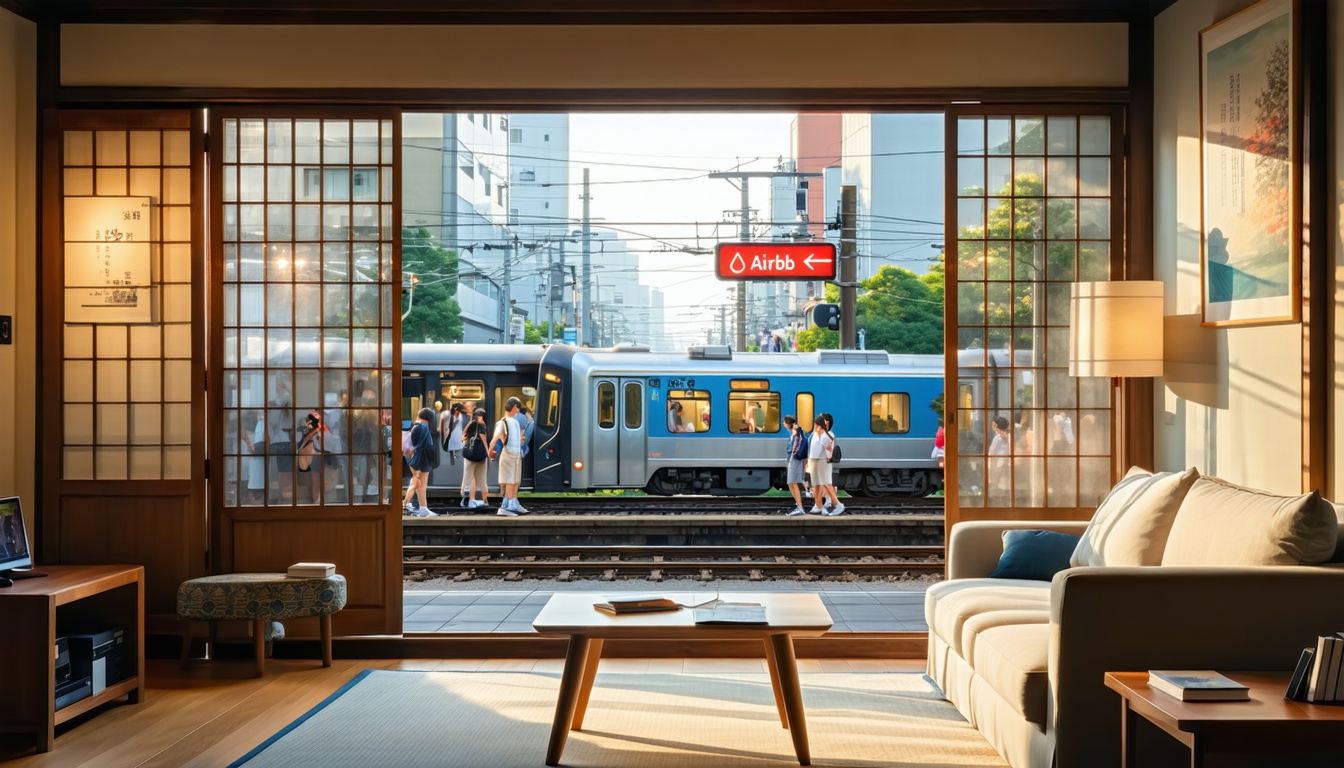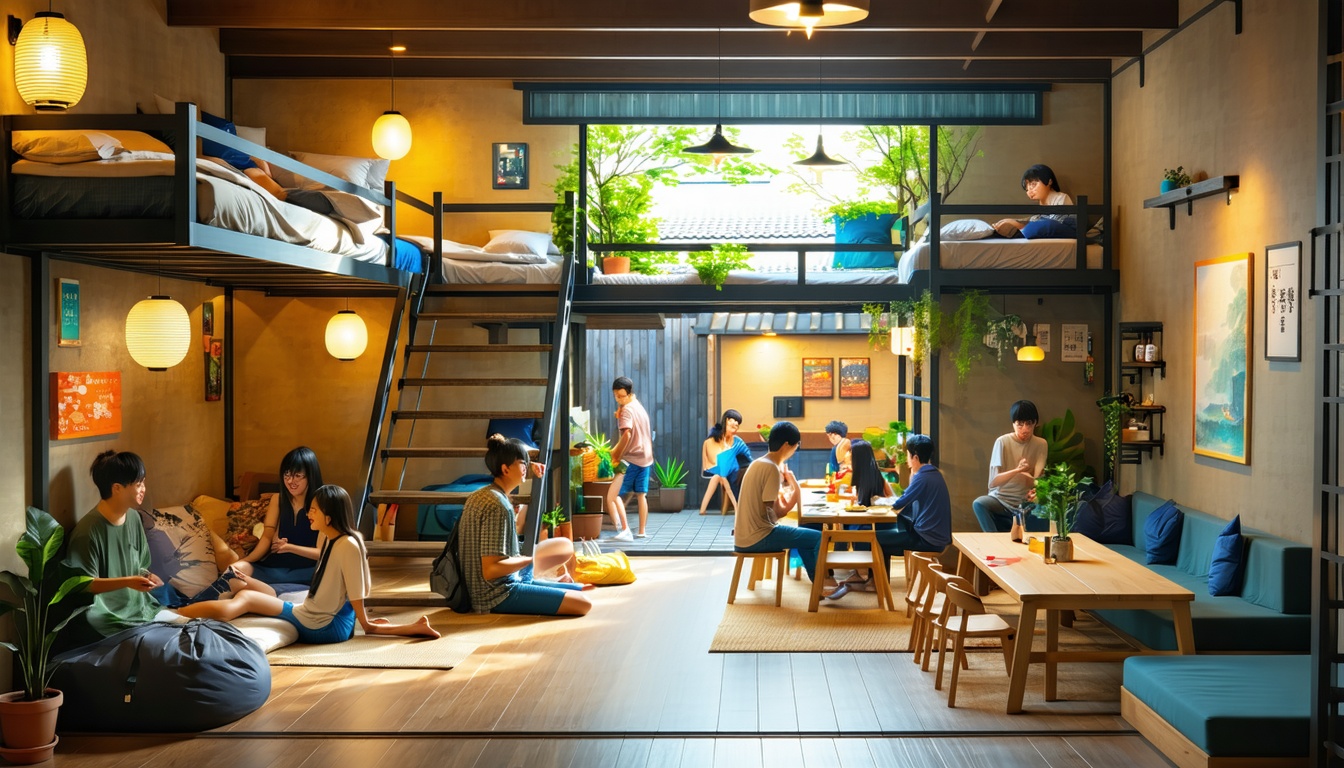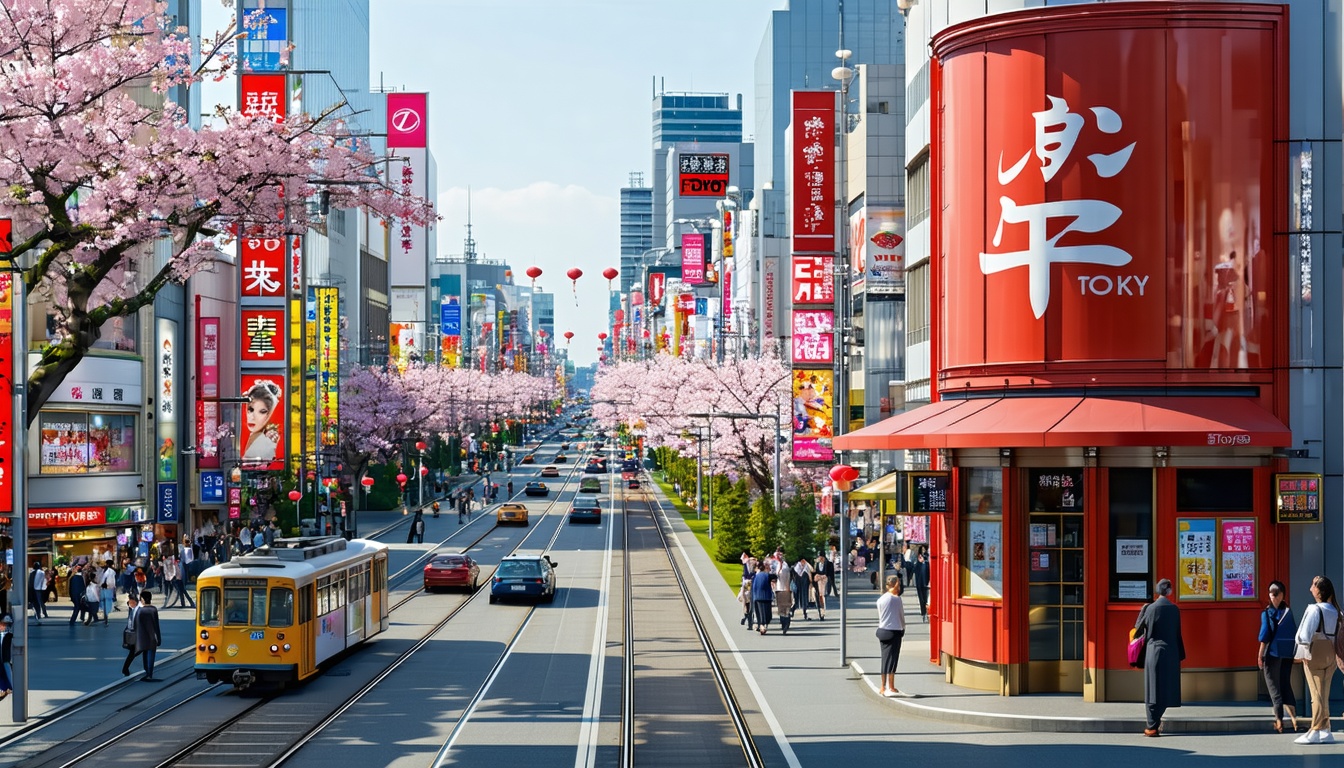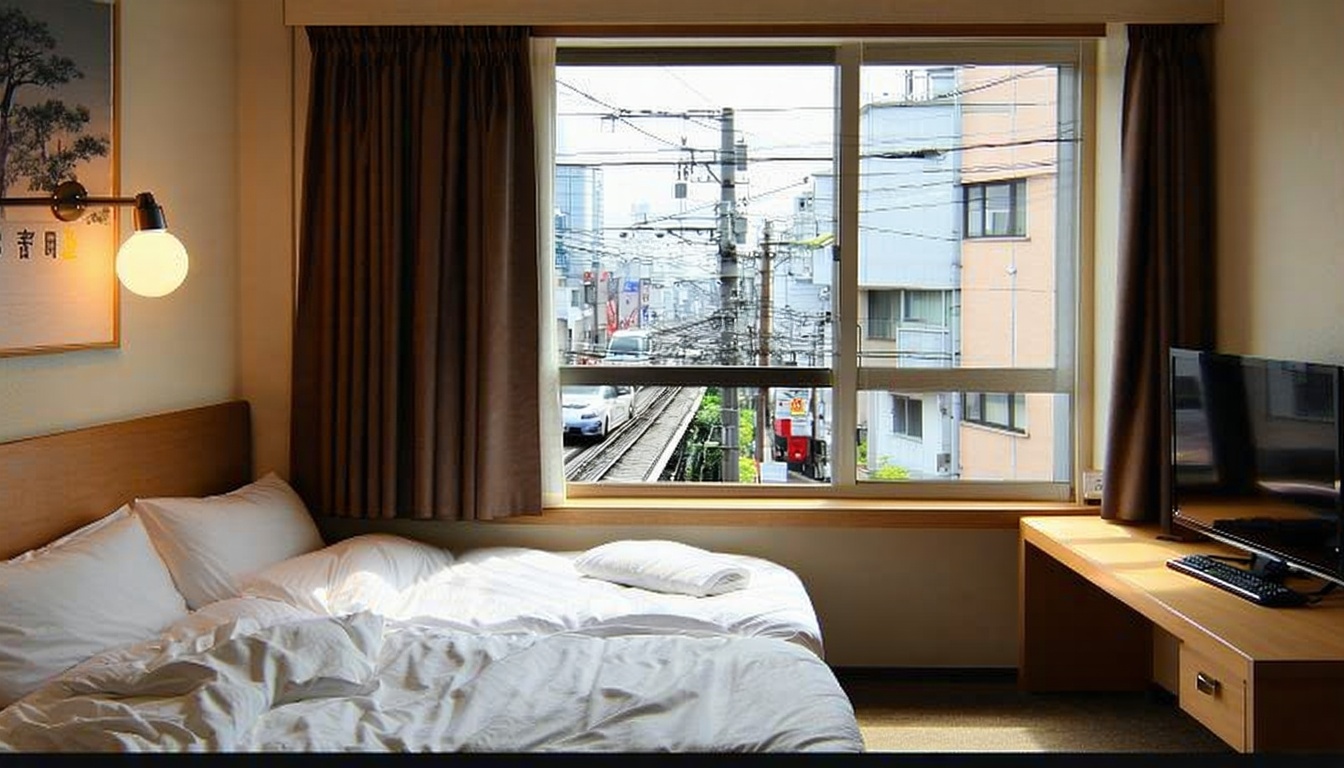Airbnb Tokyo Regulations: What Every Traveler Should Know

Planning to book an Airbnb in Tokyo? Before you hit reserve, you need to know about Airbnb Tokyo regulations. Japan’s Private Lodging Business Act, aka the Minpaku law, reshaped short-term rental rules back in June 2018. Here’s the thing, ignoring these requirements can lead to hefty fines or even having your stay cancelled. In this ultimate guide, you’ll learn how to register, meet safety checks, stick to booking limits, and keep your station-access lodging legal and hassle-free.
By the end of this article, you’ll know exactly what steps to follow so you can focus on exploring Tokyo—rather than worrying about compliance.
Airbnb Tokyo regulations explained
Private Lodging Business Act basics
When the Minpaku law came into effect on June 15, 2018, it officially legalized home-sharing stays under 30 days—previously illegal in Japan (Tokyo Portfolio). Under this act, hosts must:
-
Obtain a Minpaku registration number
-
Display that number on all listings and advertisements
-
Limit total hosting days to 180 per calendar year
Prefectural and municipal rules
Beyond national statutes, Tokyo’s 23 wards may set extra requirements. For example, some districts restrict hosting to weekends or ban Minpaku entirely in certain residential zones (Keycafe). Always check local ordinances before booking or listing a property.
Register your property
Start the registration process
To offer short-term stays, you must file an application with your ward office. The core steps include:
-
Gather documents
-
Submit application
-
Await approval
Required documents
-
Proof of identity (passport or residence card)
-
Certificate of good conduct (police clearance)
-
Building floor plans and management approval letter
-
Fire safety and evacuation plan
Inspection and approvals
After you submit paperwork, inspectors verify fire extinguishers, emergency lighting, and escape routes. Once you pass, you’ll get an official notification number.
Display your registration number
This ID must be visible on your Airbnb listing. Platforms like Airbnb will remove non-compliant properties that lack it (Tokyo Portfolio).
Manage booking limits
Observe the 180-day rule
Standard Minpaku licenses cap your hosting at 180 nights per year. You can’t extend beyond that, even for partial stays. Keep a shared calendar or use management software to track days.
Consider special zone exemptions
Certain National Strategic Special Zones let you host year-round with different stay lengths (minimum two nights, maximum nine nights) and more space per guest (Tokyo Portfolio). If you’re eyeing tourist hotspots, this route might work better.
License type Max days per year Min stay Max stay Where it applies
Standard Minpaku 180 N/A N/A Nationwide
Special Zone Minpaku Unlimited 2 nights 9 nights Designated National Strategic Special Zones
Appoint a local admin
On-site vs off-site hosts
Japan requires Minpaku operators living off-site to appoint a registered Minpaku administrator. They’re your local point person.
Duties of a Minpaku administrator
-
Handle guest issues and neighborhood complaints promptly
-
Be physically present or reachable 24/7
-
Submit bi-monthly traveler reports to the prefectural governor, detailing:
-
Hosting days
-
Current lodgers
-
Total lodgers in past two months
-
Nationality breakdown (Keycafe)
Meet safety and tax rules
Fire safety and evacuation
You must equip your property with:
-
Fire extinguishers
-
Emergency lighting
-
Clear evacuation routes
Inspectors verify these during the registration process, so double-check before applying.
Recordkeeping and reporting
Keep a guestbook with each visitor’s:
-
Name, date of birth, address
-
Occupation and nationality
Submit this data every two months to your ward office.
Tax obligations
Income from short-term rentals counts as taxable revenue. You’ll report it on your national and local tax returns. Rates follow standard individual or corporate tax brackets—no special “Minpaku tax” exists (Tokyo Portfolio).
Handle zoning and building rules
Apartment and condo restrictions
Many buildings forbid short-term leasing in their rules. If you’re eyeing a unit near a major line like Yamanote, confirm with building management first.
Special zone Minpaku
In approved special zones, zoning laws ease up—letting you run year-round stays. Research if your station-side property qualifies.
Get local support
Hire an administrative scrivener
An administrative scrivener (gyoseishoshi) handles paperwork, translations, and licensing steps. Most speak only Japanese, so seek English-friendly firms if you need help.
Partner with property managers
Professional managers can act as your Minpaku administrator and oversee check-ins, cleaners, and emergencies. It’s an extra cost, but it saves you from legal headaches.
Station-access stay tips
Pick the right neighborhood
If you want easy sightseeing, look near Yamanote line stations like Shinjuku or Ueno. For peace and budget value, consider off-peak stops on the Tozai or Chuo lines. Check our guide on hotels near yamanote line stations for more ideas.
Balance cost and convenience
Staying next to a major station can bump up rates. You might score a deal by choosing a nearby commuter stop instead, then hopping on one or two stops to central districts. For more tips on slashing costs, see our budget hostels tokyo stations overview.
Compare accommodation types
Airbnbs are great for group travel or longer stays, but don’t overlook capsule pods or business hotels. Depending on your style, you might prefer a quick check-in at a capsule hotels tokyo experience or the creature comforts in a business hotels tokyo stations room.
Key takeaways
-
Always register under the Minpaku law and display your ID on listings
-
Watch local ward rules—they can add weekend-only or all-out bans
-
Stick to the 180-day limit unless you qualify for special zone Minpaku
-
Appoint a 24/7 admin if you don’t live on-site
-
Meet fire safety, recordkeeping, and tax requirements to avoid penalties
-
Check building and zoning rules before booking or listing
-
For station stays, weigh budget options like hostels or business hotels
Follow these steps, and your Tokyo trip or hosting venture will be smooth, legal, and fun. Now go plan that perfect station-side stay—let the city adventure begin.
FAQs
1. Do I need a Minpaku license for every property? Yes, each address you host must have its own registration number issued by the local ward office. Operating without it is illegal and could lead to fines up to ¥1,000,000 (YourWelcome).
2. Can I run an Airbnb from outside Japan? You can, but you must appoint a registered Minpaku administrator in Japan. They handle emergencies and neighborhood concerns on your behalf (Tokyo Portfolio).
3. What happens if I exceed 180 hosting days? Exceeding your yearly limit invalidates your license. You could face fines or forced removal of your listing until the next calendar year.
4. Are fire safety checks mandatory? Absolutely. Inspectors will verify fire extinguishers, emergency lighting, and evacuation plans before approving your registration.
5. Do I pay extra tax for Airbnb income? No special tax applies. Declare your rental earnings on your regular income tax return, following standard national and local tax rates.


